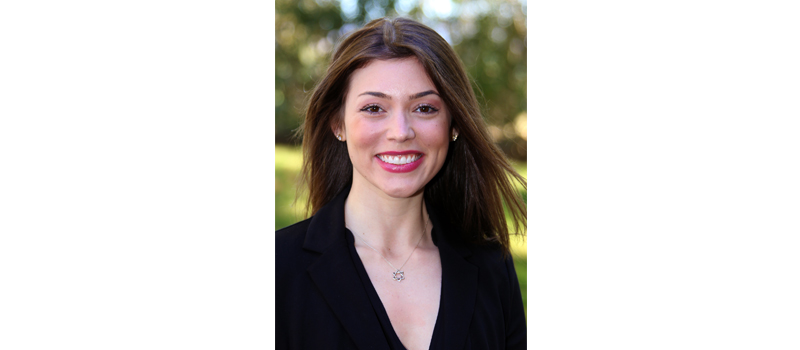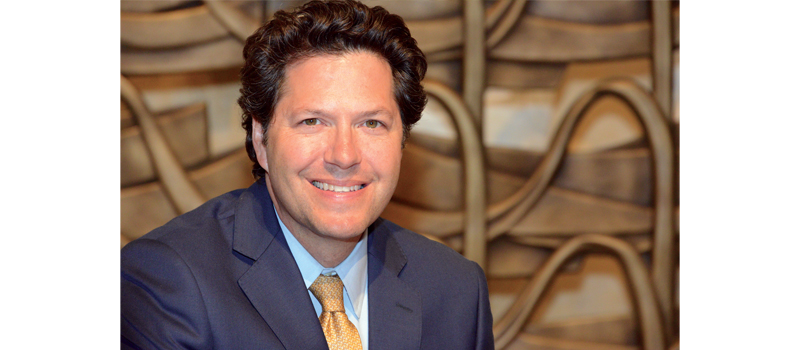By Cantor Emma Lutz
This week, we begin our annual journey into the Book of the Leviticus with Parshat Vayikra.
Fixed between the epic story of our Exodus from Egypt and the peak wanderings of Numbers, the Levitical passages are packed with priestly laws ranging from ritual purity to ancient sacrifice. At first glance, the regulations of Vayikra might appear outdated, obscure, graphic, or simply too detailed to pique our interest. And yet, when we look closer, we see that the ritual commandments laid out in Leviticus are an attempt by our ancestors to assert a meaningful order to their daily lives.
As human beings, we are wired to seek comfort and order in an unpredictable world, and as Jews, we do so through shared ritual. In Vayikra, our ancestors set down a priestly code of laws and rituals at fixed times, providing us with a suggested structure for how we might live our lives with as many moments in our day as possible to merge with God, to connect with one another, and to tend to ourselves. Every year when I begin to read Leviticus again, I am reminded that these beautiful ritual commandments can be just as valuable and meaningful as the ethical commandments that we hold so dear.
Many of our day to day rituals—sipping delicious coffee, taking a walk with someone we love, reciting the Shema—add sweetness and blessing to the rhythm of our lives. This week, as we read Parshat Vayikra, take a moment to commit (or recommit) yourself to a favorite ritual. Perhaps you will light the Shabbat candles with your children or friends or find ten minutes of structured quiet time for your own thoughts and prayers. The structured rituals of our ancestors can inspire our own practices, serving as the sacred foundation of our ongoing search for order, comfort, and meaning.


